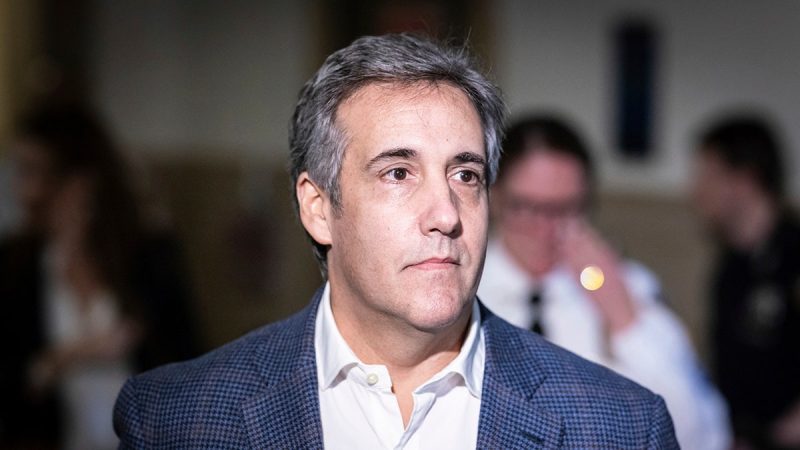


In an age of advocacy journalism, April Ryan has long been a standout. Ryan routinely engaged in diatribes in White House press conferences during the Trump Administration and has openly opposed all things Republican or conservative. Now, the MSNBC contributor and
The State Department’s foreign disinformation center, accused by conservatives of censoring U.S. citizens, shut its doors due to lack of funding this week. Elon Musk had deemed the Global Engagement Center (GEC), established in 2016, the ‘worst offender in U.S. government censorship
Congressional Democrats are pushing for federal policies mandating that gyms and fitness centers in the U.S. be accessible for Americans with disabilities. Rep. Mark DeSaulnier, D-Calif., introduced a bill ‘to promote the provision of exercise machines and equipment, and exercise and
